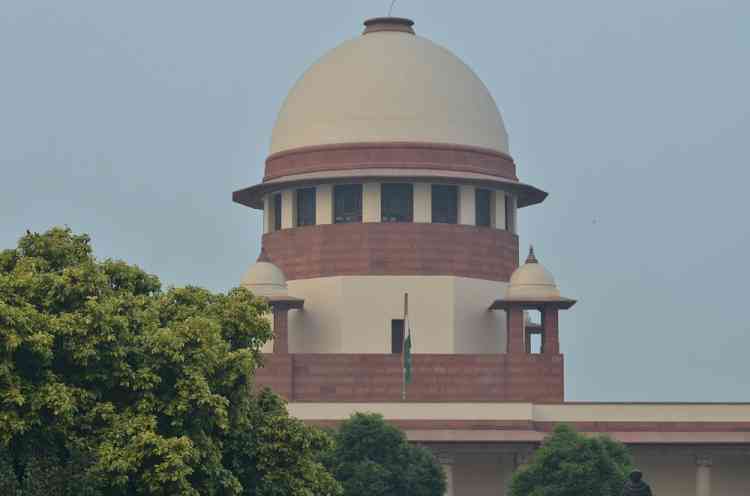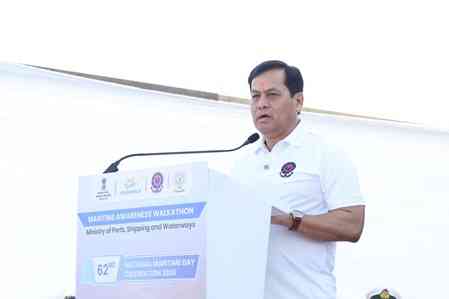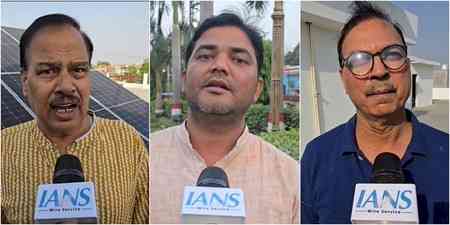Employees of autonomous bodies can't claim parity with govt employees: SC
The Supreme Court on Monday said the employees of the autonomous bodies cannot claim the same service rights on par with the government employees.

New Delhi, Jan 10 (IANS) The Supreme Court on Monday said the employees of the autonomous bodies cannot claim the same service rights on par with the government employees.
A bench comprising Justices M.R. Shah and B.V. Nagarathna said: "As per the law laid down by this Court in a catena of decisions, the employees of the autonomous bodies cannot claim, as a matter of right, the same service benefits on par with the Government employees."
Merely "because such autonomous bodies might have adopted the government service rules and/or in the governing council, there may be a representative of the government and/or merely because such institution is funded by the state/Central government, employees of such autonomous bodies cannot, as a matter of right, claim parity with the state/Central government employees", it added.
The top court emphasised that the judicial interference in such a policy decision having financial implications or having a cascading effect is not at all warranted and justified.
The Maharashtra government and others had moved the Supreme Court challenging the Bombay High Court order passed July 20, 2018, allowing the writ petitions, filed by some employees, seeking direction to the state government to extend the pensionary benefits to the employees of Water and Land Management Institute (WALMI).
The state government contended that as per the service rules applicable to the employees of WALMI, there is no provision for pension/pensionary benefits. It was also argued before the top court that pension rules applicable to the state government employees shall not be made applicable to the employees of WALMI.
Setting aside the high court order, the top court said: "In view of the above discussion and for the reasons stated, the impugned common judgment and order passed by the High Court directing the State to extend the pensionary benefits to the employees of WALMI is unsustainable, both in law and on facts."
It held that the employees of WALMI, which is an independent autonomous body registered under the Societies Act, are not entitled to the pensionary benefits. "Grant of pensionary benefits is not a one-time payment. Grant of pensionary benefits is a recurring monthly expenditure and there is a continuous liability in future towards the pensionary benefits. Therefore, merely because at one point of time, WALMI might have certain funds does not mean that for all times to come, it can bear such a burden of paying pension to all its employees," said the top court in its judgment.


 IANS
IANS 








